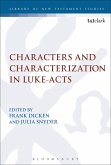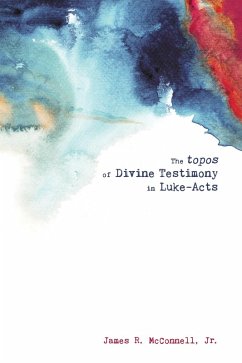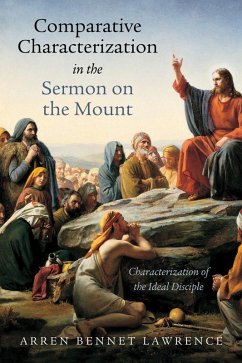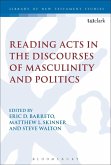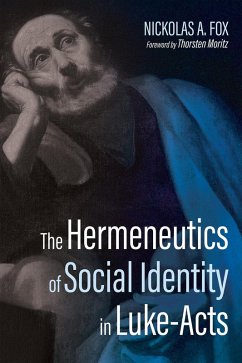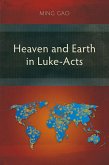Like all skilful authors, the composer of the biblical books of Luke and Acts understood that a good story requires more than a gripping plot - a persuasive narrative also needs well-portrayed, plot-enhancing characters. This book brings together a set of new essays examining characters and characterization in those books from a variety of methodological perspectives.
The essays illustrate how narratological, sociolinguistic, reader-response, feminist, redaction, reception historical, and comparative literature approaches can be fruitfully applied to the question of Luke's techniques of characterization. Theoretical and methodological discussions are complemented with case studies of specific Lukan characters. Together, the essays reflect the understanding that while many of the literary techniques involved in characterization attest a certain universality, each writer also brings his or her own unique perspective and talent to the portrayal and use of characters, with the result that analysis of a writer's characters and style of characterization can enhance appreciation of that writer's work.
The essays illustrate how narratological, sociolinguistic, reader-response, feminist, redaction, reception historical, and comparative literature approaches can be fruitfully applied to the question of Luke's techniques of characterization. Theoretical and methodological discussions are complemented with case studies of specific Lukan characters. Together, the essays reflect the understanding that while many of the literary techniques involved in characterization attest a certain universality, each writer also brings his or her own unique perspective and talent to the portrayal and use of characters, with the result that analysis of a writer's characters and style of characterization can enhance appreciation of that writer's work.



